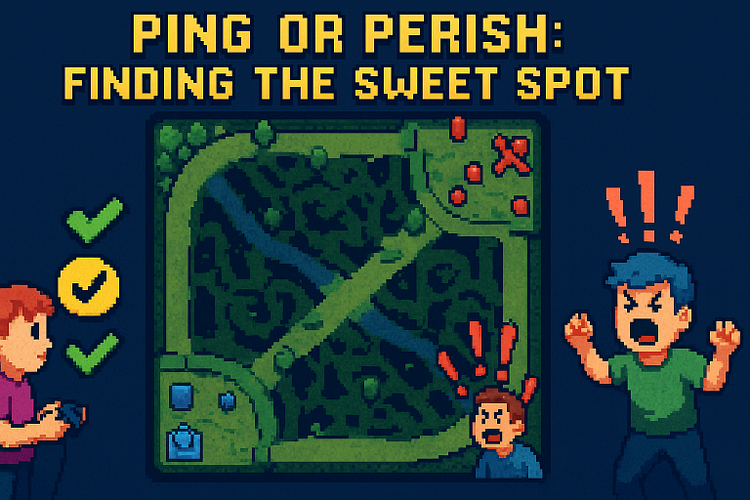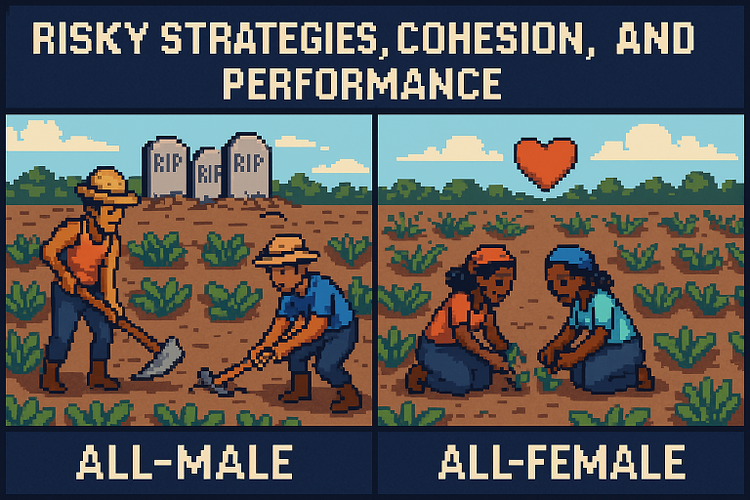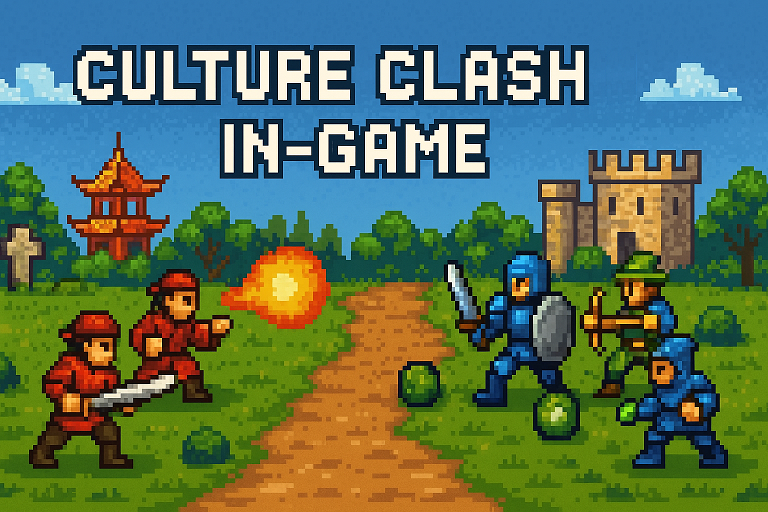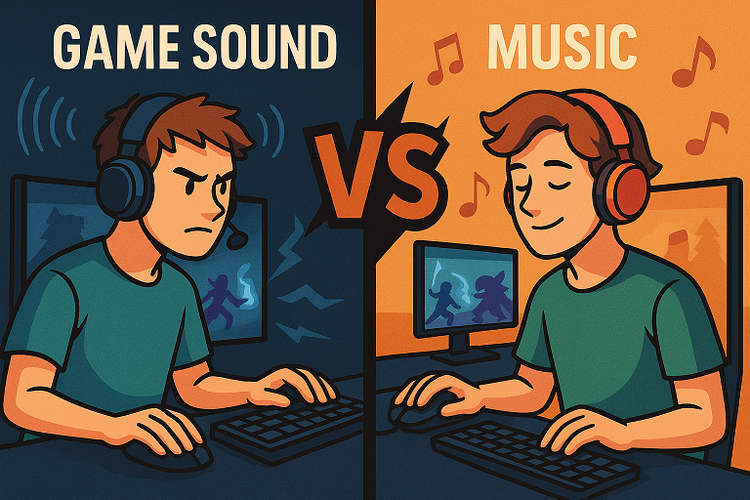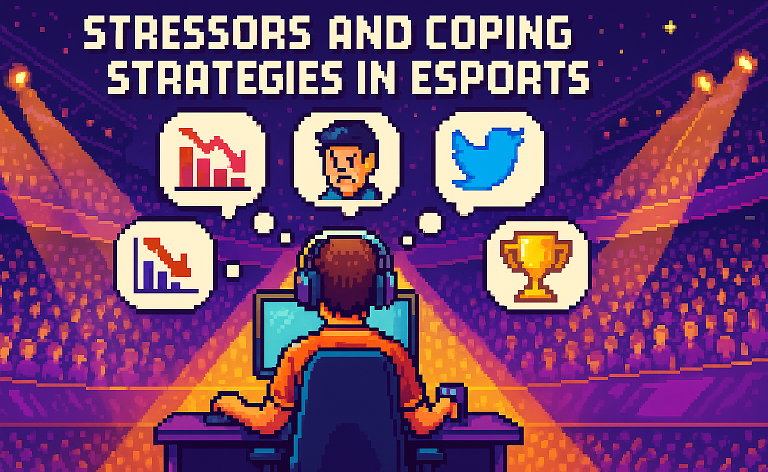How Esports Performance depend on Tournament Structure & Prize Money

Hello gamers, and welcome to a new episode of Gaming Science.
In Esports, we have gotten used to high amounts of tournament prize money, but how it affects the motivation of players and teams is unclear. In this episode, we discuss how prize money, as well as tournament structure, are connected with players' motivation.
• A high tournament prize pool attracts players, teams, viewers, and sponsors.
• The prize money distribution between ranks matches a Pareto Distribution.
• The amount of prize money has a motivating effect on players, but is rather small.
• Being in the upper bracket provides a safety net for teams and players, impacting their APM.
• Changing the prize money distribution may be a way to make smaller Esports more sustainable.
💪 Introduction - High Performance, higher Reward
Tournament prize money in Esports plays an important role. The higher the prize pool, the more attractive the tournament becomes for players, teams, organizations, fans, and ultimately sponsors. In turn, the interest of sponsors in a tournament drives up the price they are willing to pay to get the eyes of the audience on their brand and products. This usually happens through ads during the show, social media posts from sponsored teams, clothing the team or players wear, etc.
Though tournament prize money is argued to not be the primary source of income for Esports athletes, teams, and organizations, it still provides an incentive to win as much as possible. By increasing your or your team's rank, the more prize money there is to win. Typically, the increase in prize money isn't linear, meaning an increase of one rank secures a higher percentage of the prize pool than the previous rank difference. The figure below shows that for some major DotA 2 tournaments [1].

Now, two questions Mao (2023) tried to answer were: one, to what extent the prize pool of a tournament motivates players and teams, and two, if the tournament structure has an impact on motivation. Looking at data from nine premium DotA 2 tournaments, here is what was found.
🤑 Results - Cash, Motivation, & Performance
The primary result regarding motivation was that, yes, increasing the amount of prize money for the tournament has a motivating effect (shown by using players' APM as a measure). However, the effect is rather small unless you add huge amounts of money.
"The results indicate that, with an increase of US$1 million in the prize differential, Dota 2 players were projected to improve their exertion of effort by performing [...] more APM (roughly 2%) on average, regardless of being in the UB or LB [1]."
Though APM is far from being a perfect measure for motivation or performance, it is still an indicator for it. It may also indicate the state players and teams are in when playing for huge amounts of money. It's not hard to imagine that when you're playing in a tournament and millions in cash are up for grabs, you'll get your heart pounding, adrenaline rushing through your body, and making you click more rapidly than you usually would.
A 2% (on average) increase in APM for an added $1 million dollars isn't a lot, but if you think about the prize money DotA 2 tournaments (especially TI) have, or rather had in the past... it adds up.
Another interesting result the quote hinted towards was the fact that the tournament structure (being in the upper or lower bracket) didn't play a role. However, what is interesting is that being in the UB or LB appears to have an impact on motivation.
"[...] granting a second chance [having a double-elimination tournament format] can create asymmetrical motivations with players in the LB being more incentivized than those in the UB [1]."
Taking an educated guess here, the reason why this might be the case is that being in the UB provides you with a safety net. You know that even if you lose, you'll get a second chance. But how much does this mental safety net cost you in terms of APM (as a proxy for motivation)?
Turns out it's quite a lot. The author of the study found that being in the UB reduces the players' APM by roughly 8% (on average). It's noteworthy that this does not say a lot about if a team wins or loses. Having the option of a second chance behind you may put you in a more calm state, which in turn may be better for performance.
I'm telling you all of this to point out that there are multiple pathways how the pressure of facing elimination, or the relief of knowing you have a second chance can impact the outcome of a match (not even including what happens in-game).
🤔 Implications - 'bout that Prize Money Distribution...
In my opinion, large prize pools are necessary in order to attract top-level players and teams, fans, as well as sponsors. But, in terms of motivation and performance, the impact is rather slim, calling for moderation. Fans and players are very much used to high prize pools.
What I'd love to see instead is less steep prize money distribution between ranks. This may not be a big thing for major players and teams in big Esports, but in smaller communities, having, let's say, the top 12 or 24 players make more money may provide a more stable environment for them. It may compensate for fewer or less paying sponsors and help them continue the career of a professional player. This could have a motivating effect on players and teams.
Another point worth noting is that every gamer should be aware of this effect "feeling too safe." I'm pretty sure that everyone of us has had games where we started to play cocky because we felt nothing could take this victory away from us... but ended up losing anyway. Finding strategies to cope with this mindset and not letting it affect you is something worth cultivating - in and outside the game.
Hope y'll have an amazing week ahead. Cheers,
Christian 😃
Join over 250+ (🤯) Gaming Science subscribers and become smarter every week.
"I love this type of content, thank you Chris."
📜 References
[1] Mao, 2023

